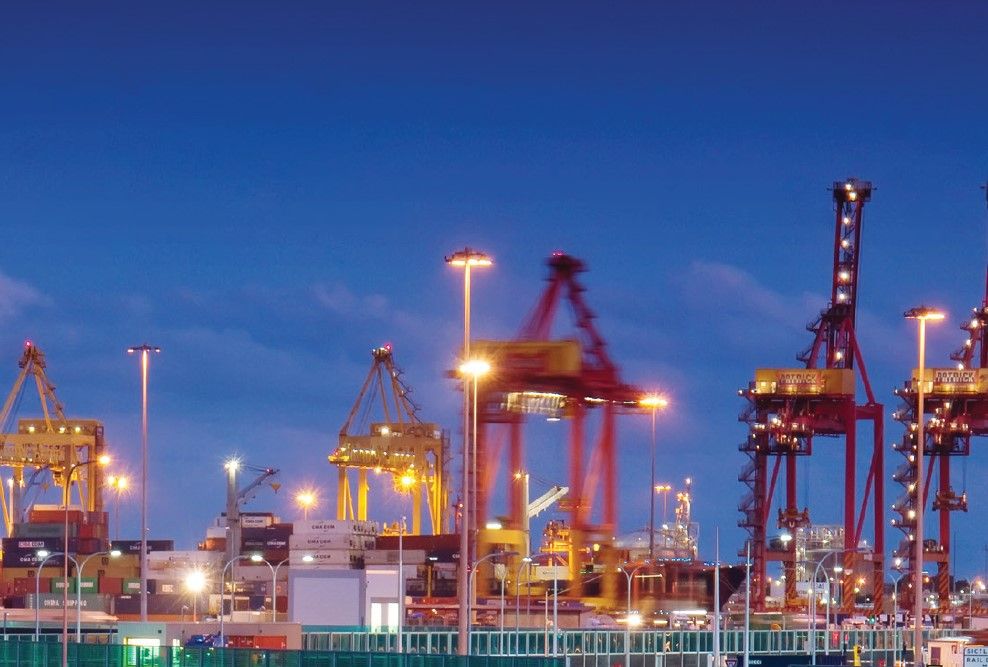As an export-orientated industry, a well functioning maritime logistics system is critical for Australia’s grain industry, which relies on the nation’s ports and shipping networks to transport their products to overseas markets.
GrainGrowers Container Port Policy
Containerised grain exports are an increasingly important facet of the Australian grain suppy chain with 11% of the total grain crop exported via containers in the 2020-21 period.
GrainGrowers Supports:
- Effective port and shipping regulation to increase competition between shipping lines, ports and stevedores and reduce costs for containerised grain exports.
- A nationally-coordinated approach to port regulation that ensures greater consistency and coordination between jurisdictions.
- Appropriate long-term land-use planning to ensure the protection of port infrastructure and operations.
GrainGrowers Recognises:
- As an export orientated economy, an efficient and productive maritime system is critical for the wellbeing of Australia’s grain industry and the broader Australian economy.
- Inefficiencies and high costs at the port impact the competitiveness and profitability of containerised grain exports.
- Major container ports have monopolistic tendencies and face little countervailing power, necessitating increased regulation.
- Protracted industrial action is having an increasingly detrimental impact on port productivity.
- Limited coordination in state-based port regulation is leading to a disjointed approach to ports.
- Urban encroachment poses a significant threat to the productivity of the many container and bulk ports.
GrainGrowers Seeks:
- The Australian Government establish benchmarks to measure port productivity.
- Appropriate and effective regulatory arrangements are adopted during port privatisation processes.
- The Australian Treasury to developing a mandatory industry National code on terminal charges, to be administered and enforced by the ACCC.
- Amend the Fair Work Act 2009 to prohibit enterprise agreement content that imposes excessive constraints on productivity in container ports and costs on the supply chain.
- The Australian Government to enable the Fair Work Commission to perform an enhanced role in supervising bargaining and resolving workplace disputes in the ports.
- All levels of government to incorporate the National Urban Freight Planning Principles in land use decision-making to improve planning for freight across Australian ports.
